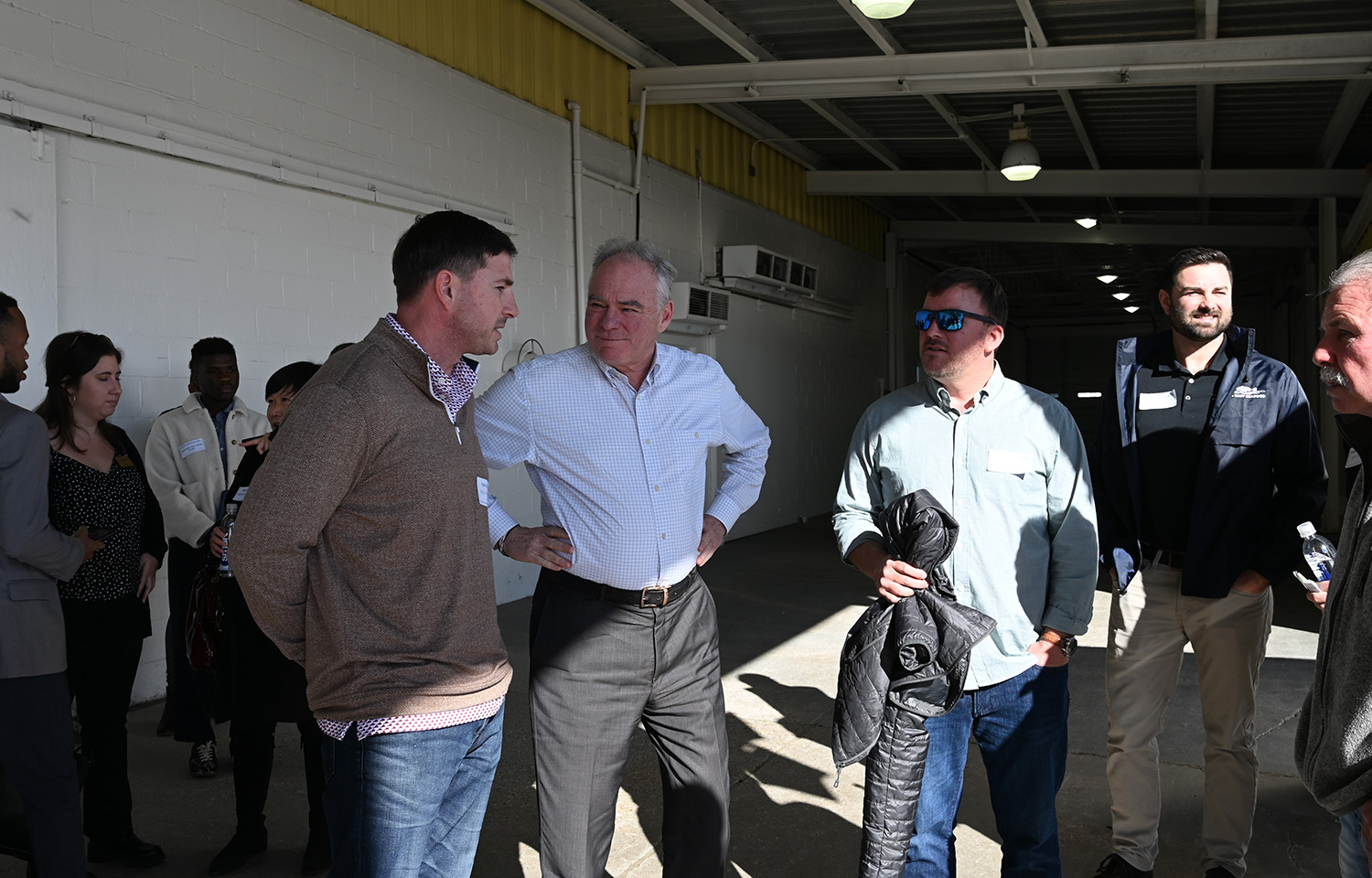U.S. senators are lining up behind legislation that would exempt seafood processors from the nation’s annual cap on H-2B temporary worker visas.
The seafood processing sector depends on foreign workers to meet seasonal demands. The Maryland crab industry, for example, brings in 500 workers annually via the H-2B program during the crab season.
“For years, the struggle to hire seasonal workers has put an incredible strain on America’s seafood industry,” U.S. Senator Ben Cardin (D-Maryland) said in a statement. “The chronic worker shortage has put seafood and crab businesses, particularly those on Maryland’s Eastern Shore, at risk of permanent damage.”
Under the status quo, seafood processors must compete against other industries dependent on foreign labor in the visa lottery, introducing a high level of uncertainty as they attempt to fill out their workforce. The federal government has regularly issued additional visas beyond the statutory cap, but seafood companies still say it’s difficult to secure enough workers through the program.
In November, the U.S. Department of Homeland Security (DHS) announced it will be providing an additional 64,716 H-2B temporary work visas in fiscal 2024, at the urging of several lawmakers.
“Maryland’s seafood businesses – most of which are small and family-owned – not only process the iconic blue crabs that our state is known for, they also power an industry that contributes millions of dollars to our economy annually,” U.S. Senator Chris Van Hollen (D-Maryland) said. “That’s why we pressed the administration to provide the maximum number of H-2B visas available in order to ensure these businesses have the workforce they need to operate..”
Cardin, Van Hollen, and other senators from seafood-dependent states are backing legislation introduced by U.S. Senator Lisa Murkowski (R-Alaska) in October – the Save Our Seafood (SOS) Act – that would exempt temporary workers in the seafood processing sector from counting against the national visa cap. A similar exemption already exists for fish roe processors.
“Virginia’s seafood businesses rely on seasonal workers to keep their operations up and running. However, even in the best of circumstances, seafood processors struggle to find enough workers to meet demand,” U.S. Senator Mark Warner (D-Virginia) said. “This legislation would exempt seasonal, non-immigrant workers in the seafood processing industry from the limits on H-2B visas, allowing processors to fully staff their operations during harvest season, avoid the frustrating uncertainty of the H-2B lottery, and focus on growing their businesses.”
Photo courtesy of the Office of U.S. Senator Tim Kaine







